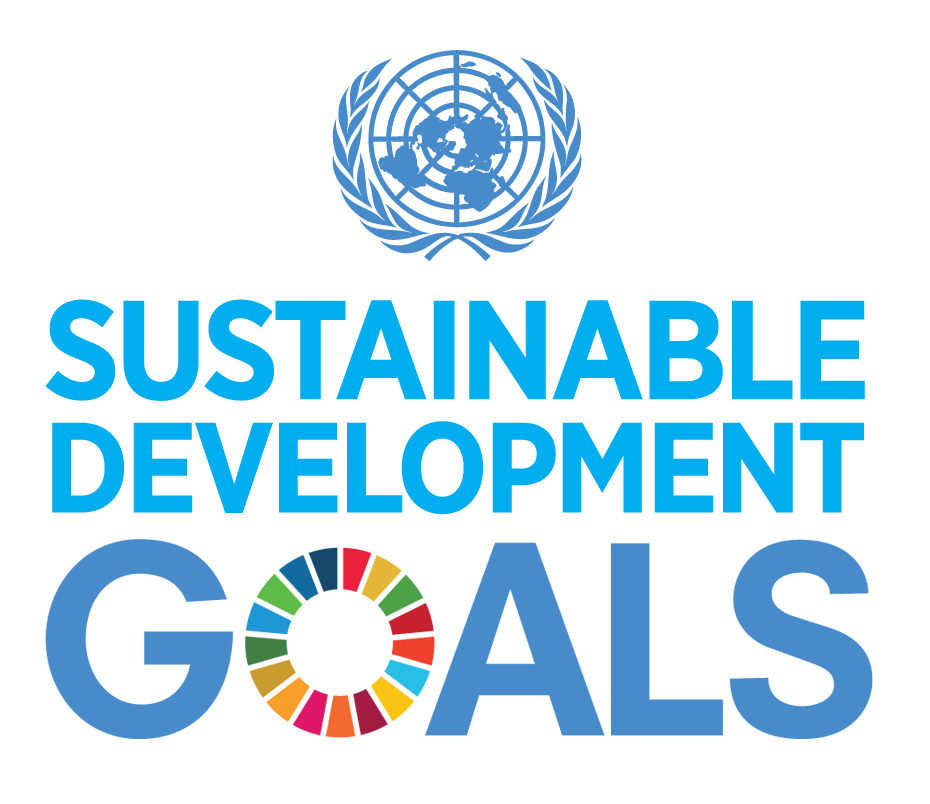Chlorine chemistry is in action all over the world
Projects that make a difference
The chlorine chemistry industry is committed to improving the quality of life for people everywhere through important initiatives in the following areas:
Clean water
In 2010, the United Nations recognized that clean drinking water and water sanitation are at the core of all human rights. Without access to these essentials, poverty and disease thrive. That’s why the chlorine chemistry industry is proud to support efforts to bring clean drinking water and water sanitation systems to communities around the globe.
Through the Chlorine Chemistry Foundation (CCF), our industry has developed strong partnerships to support the building of permanent water supplies, treatment, and distribution systems for small communities in developing countries. With training and support from on-the-ground partners, these systems can be operated and maintained by the local community to provide sustainable access to safe drinking water. Haiti, Honduras, and West Africa are just some of the places where the introduction of drinking water chlorination has made a huge difference.
Emergency surface disinfection
Following flooding and other natural disasters, emergency surface disinfection with chlorine-based products is key in controlling the growth of pathogens and mold. In the wake of the 2017 hurricanes in Texas, Florida, Puerto Rico, and Haiti, the CCF donated tens of thousands of gallons of chlorine bleach and solid chlorine-based disinfectant to help with relief efforts.
In cases of infectious disease outbreaks, chlorine chemistry is crucial. For example, chlorine chemistry played a role in the management of the Ebola outbreak in Sierra Leone. Chlorine chemistry has been integral in helping to control recent outbreaks of hepatitis, norovirus, seasonal flu, and other infectious diseases, as well.
Safe handling
As with other chemicals, elemental chlorine and chlorine-based compounds are manufactured in facilities and then shipped, making their safe transport essential to the health of workers, communities, and the environment. The chlorine chemistry industry works closely with transportation partners and regulators to help ensure that safety precautions are taken and first responders are trained to respond to incidents. Additionally, safety seminars offered by the World Chlorine Council bring together industry professionals to learn best practices and exchange information on the safe handling and use of chlorine.
Learn more about the safe handling and transportation of chlorine at The Chlorine Institute.
A commitment to sustainability
The chlor-alkali industry has reduced its environmental footprint in recent years through improved energy efficiencies and reduced chemical emissions. Beyond the industry’s direct contribution to a smaller environmental footprint, it enables other industries to also reduce their footprint. For example, chlorine chemistry is critical in the manufacture of solar panels, wind turbines, car batteries, and many other products that conserve resources in the transportation, building, manufacturing, and agricultural sectors.
In 2015, the United Nations announced 17 Sustainable Development Goals, many of which can be positively impacted by chlorine chemistry. Learn more

